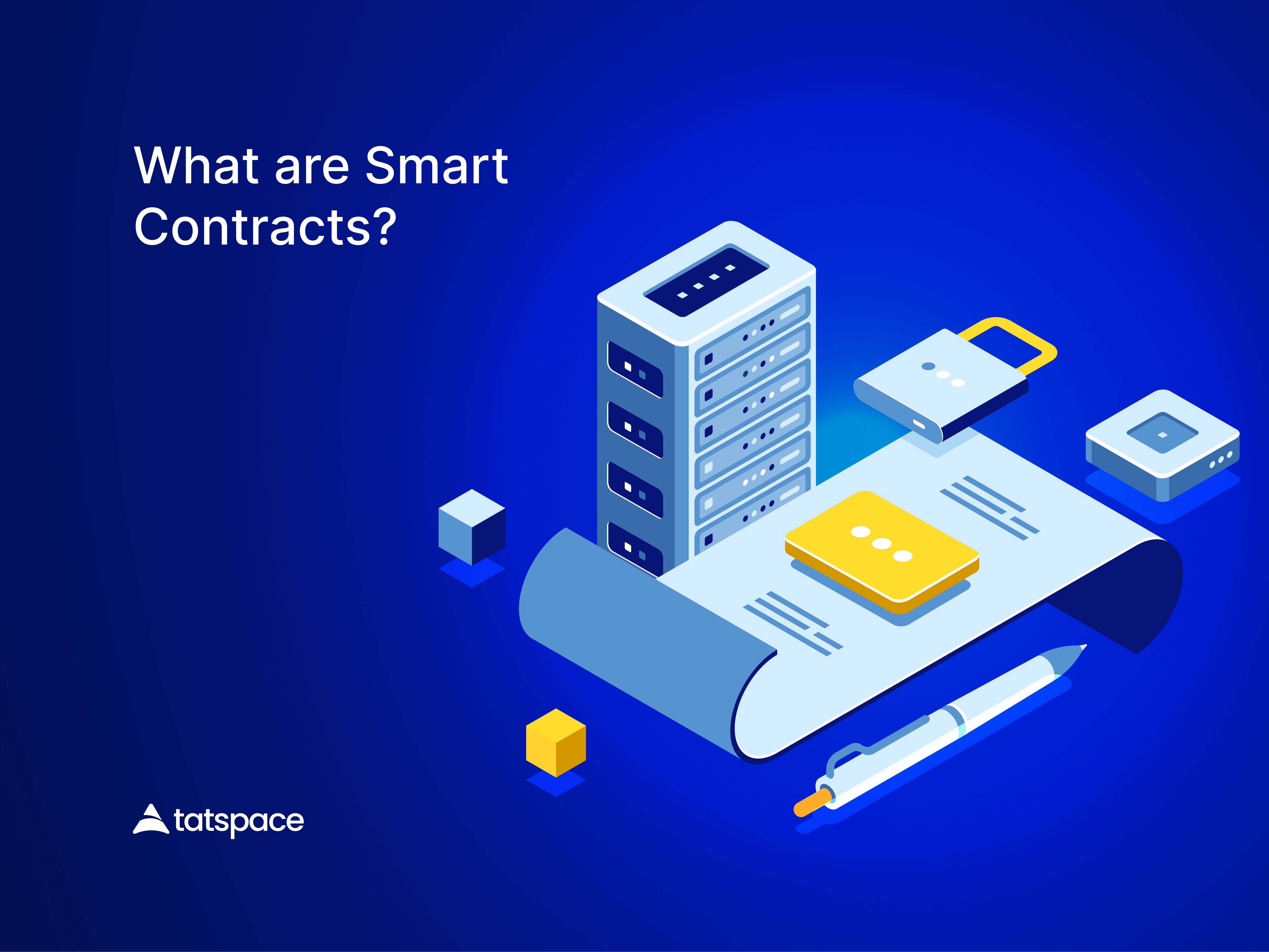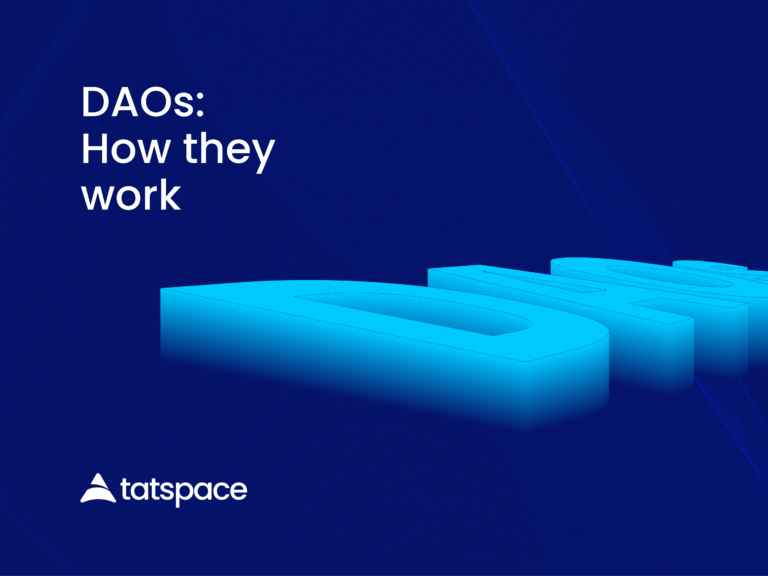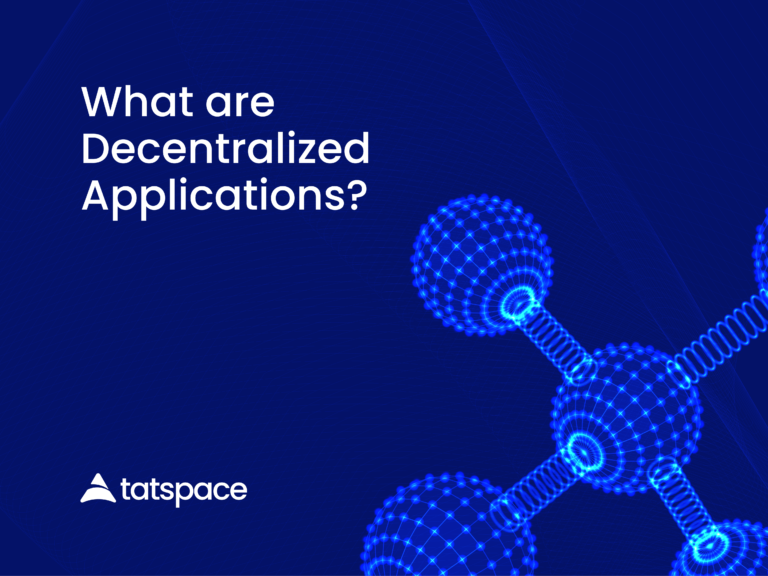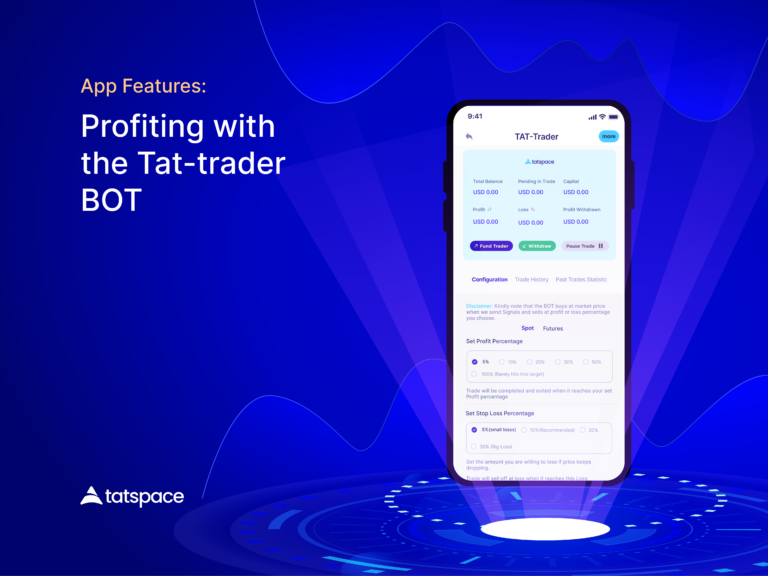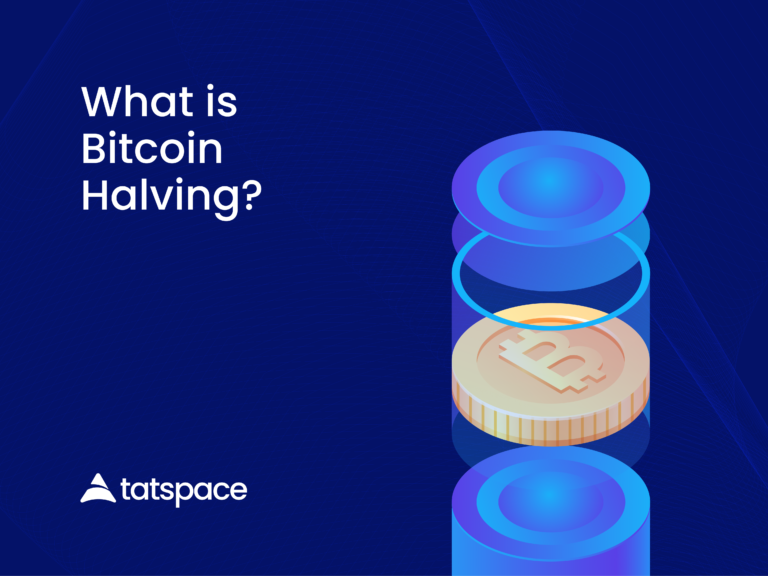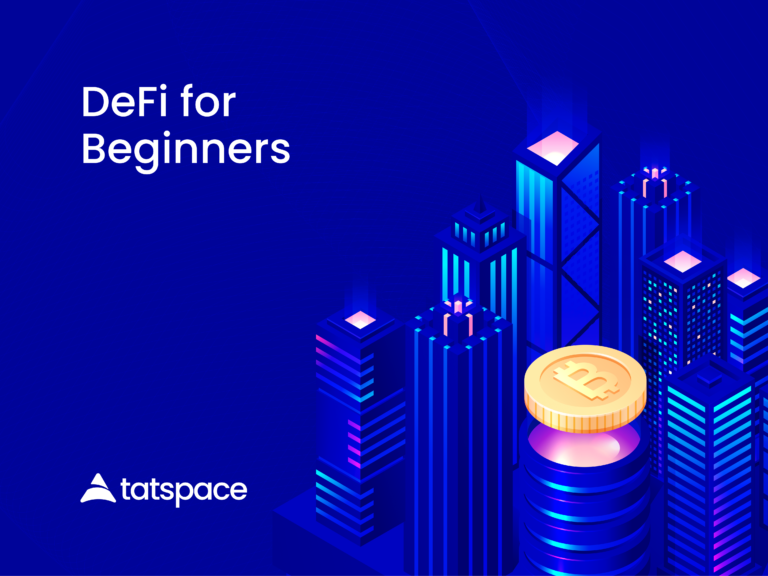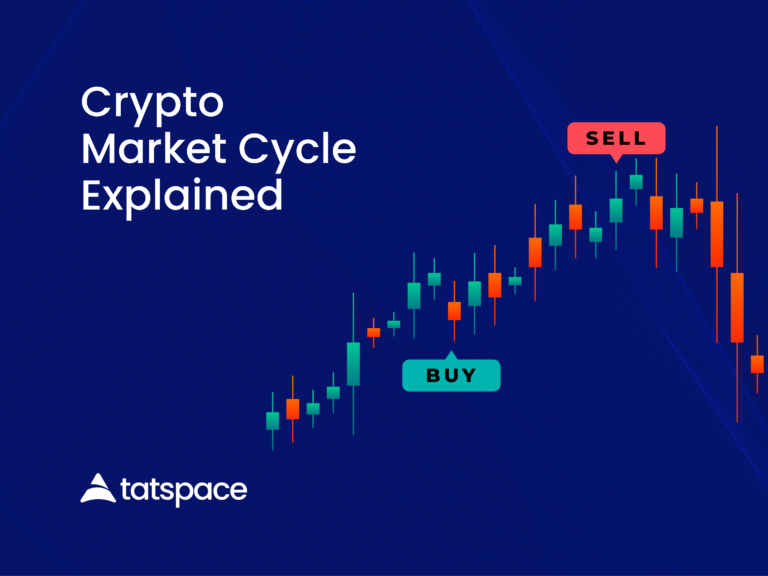The term Smart Contract was first mentioned in 1994 by a computer scientist in America named Nick Szabo. He tried to describe a future in which financial transactions can occur without needing middlemen. The creation of Bitcoin sought to make this possible. But, the network’s support for smart contracts are limited. Later, smart contracts became popular with the emergence of Ethereum in 2015. Today, Developers can build any dApp on Ethereum using Smart Contracts.
What is a Smart Contract?
A Smart Contract is a digital contract file on the blockchain. It contains the terms and rules of an agreement between two parties. It takes the form of codes with instructions to perform some actions on the blockchain when conditions are met. If any party does not meet the conditions, it rejects any requests to perform its functions.
If you know how vending machines work, that’s similar to how a Smart Contract works. Example: when you put a dollar in a vending machine and pick your item, the vending machine releases your item. If you don’t, you get nothing. But, a smart contract is digital and exists on a blockchain, unlike a vending machine.
A Smart Contract is a self-executing contract. It performs the action you stipulates in your codes the instant the interacting party meets the rules. Developers deploy this computer codes on existing blockchains to help automate certain activities. You can see them as digital versions of paper contracts. But they can self execute the terms of an agreement between two parties.
How does Smart Contracts work?
Here’s a simple analogy for easy understanding. If Alice is a tenant on Vik’s property, her tenancy agreement can read something like this below:
When Alice renews her rent by due date, Vik will let her stay on the property for another year. If not, Vik will evict her from the property the day after.
If Alice fails to renew her rent at the due date, Vik will evict her on the following day. This can be put out in the form of computer codes on the blockchain. It will have a connection with the access to the property in question. This makes it possible for Alice to face automatic eviction once her rent runs out without renewal.
If Alice renews her rent by the due date, the smart contract automatically extends her tenancy for another year. This lets her to continue having access to the property. Now, notice that Vik does not have to personally evict or let Alice stay in the property. The smart contract tenancy agreement does the job as Vik may want.
Whether Alice fails or succeeds with her rent renewal, every record of what happens is on the blockchain. Everyone can see this. Like every other transaction on the blockchain, no one can delete it.
Features of Smart Contracts
Here are things to note about smart contracts:
Determinate
They are self-executing lines of code that developers deploy on the blockchain. They only permit a transaction if the person triggering it meets the rules. Otherwise, it stays inactive, doing nothing.
Trustless
They permit trustless transactions between two anonymous parties. Everyone interacting with a smart contract trusts the computer codes to function appropriately. They do not need to trust the other parties that may also be interacting with the smart contract.
Autonomous
They eliminate the need for having a central control – a middleman. Intermidiaries, agents, brokers or lawyers are not useful here! The contract is already binding on its own and is self executing for the parties communicating with it..
Transparent
Interest parties can inspect the codes of the contract and its current state in order to verify its functions. This is because they’re available in the open Blockchain. Records of transactions are available to the public. They are traceable and transparent to everyone.
Unchangeable
You cannot change the codes of a Smart Contract already running on a blockchain. You may delete it later if you add a ‘selfdestruct’ function while creating it. Otherwise, it runs on the blockchain forever, immutable!
Customizable
Smart Contracts can be written in a variety of programing languages. A good example is Ethereum’s Solidity. Developers can customize theirs to do anything they want.
Distributed
Every participating node in the Blockchain where a Smart Contract is deployed stores a copy of the smart contract. This includes its current state and all the transaction data. This ensures the decentralization of the contract.
Requires Gas Fee
To interact with a smart contract for any transactions, users pay network fees. These fees go to the Blockchain network miners/validators who help to secure the network. However, some smart contracts can also include transaction fee for the development of related products.
Interoperable
Smart contracts can interact with other smart contracts, applications and externally owned accounts (user addresses). They can submit transactions and process them once they receive from other network accounts.
How Developers use Smart Contracts
Smart Contracts allow developers to build decentralized applications on existing Blockchains. These applications take advantage of the blockchain security, reliability and accessibility to provide certain use cases for users. These use cases offer peer-to-peer functionalities that eliminates the need for middlemen.
Smart Contracts make it possible to securely automate any kind of deal or transaction. It may be simple or complex deals or transactions. Virtually anything that can be done via the internet can use smart contracts.
Below is a list of some of the areas smart contracts are at work today:
Token Creations – Any crypto currency that is not native to its Blockchain (which are rightly referred to as TOKENS) was issued via a smart contract on an existing Blockchain.
Financial Agreements/Services – Example here are DeFi protocols such as decentralized exchanges and lending protocols. These are DApps on existing Blockchains. Example include TATSwap, Uniswap, Pancakeswap, etc.
DAO governance – DAOs are actually organisations automated with Smart Contracts. They are run by the community using smart contracts for voting processes. Example is MakerDAO, BitDAO etc
Real Estate tokenization – People can buy or sell a physical property on the Blockchain using Smart Contracts. Even tenancy/lease Agreements can happen, as with the example about Alice and Vik.
Gaming – A good example is moneytreecoin games which are powered by Smart Contracts. These games are playable onchain and all transactions and results are also available on onchain.
NFTs – One can create functionalities for Non-Fungible Tokens using smart contracts. This includes special privileges for certain holders of an NFT.
Elections- A country’s government or a DAO can use Smart Contracts to automate a voting process. This makes cheating impossible. Only users who meet the conditions can vote.
Advantages of using Smart Contracts
1. No human interference that can lead to delays in transactions going through if a party meets the conditions. Results execute immediately with accuracy and greater speed with no human errors.
2. Smart Contract codes are open and available on the Blockchain for all to see. Users can have confidence that the contract will only execute when they meet a set of conditions. They know that if the other party fails to meet the conditions, it will not execute.
3. Smart Contracts run on the Blockchain. They take advantage of the security available on the network protocol – run by a peer to peer network of miners or validators.
4. Smart Contract services on public Blockchains eliminate the cost of paying middlemen. Hence, one can save a lot of money by using smart contracts to automate certain things they use regularly.
The Disadvantages of Smart Contracts
1. There is no way anyone can change an existing Smart Contract on the Blockchain. This makes it impossible to fix any errors in the smart contract code. Thus, the faults that emerge leave security loopholes that bad actors can exploit. There are several incidences of hackers exploiting a smart contract loopholes to siphon user’s funds.
2. Smart Contract transactions are irreversible on the Blockchain. If a user makes any mistake, they will not be able to recover their funds. But, they can if the other party initiates a refund.
3. The way smart contracts are today makes it difficult to regulate. Thus, whether this will affect its use in the future or not is yet unclear. However, it is a huge concern to stakeholders who worry that criminals can use it to hide their activities.
Conclusion
With the freedom it brings, smart contracts may only just get better with time. People want to carry out transactions without much reliance on middlemen. Whether these develops to weather the storms of regulatory concerns facing it today remains uncertain. If there’s any possibility of these working hands in hand to fight criminal activities, it will get clearer as the technology advances.

